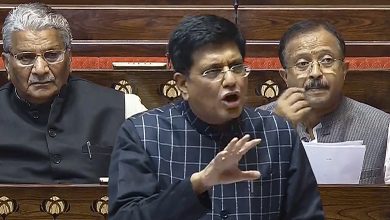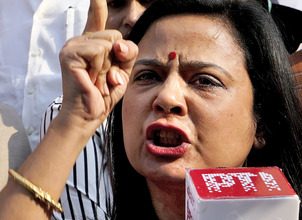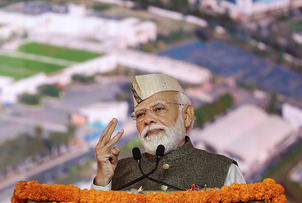Indianisation of our legal system is need of the hour: CJI
Bengaluru, Sep 18 (PTI):
Chief Justice of India N V Ramana on Saturday said Indianisation of the country’s legal system is the need of the hour and it is crucial to make the justice delivery system more accessible and effective. He said Courts need to be litigant-centric, and the simplification of justice delivery should be the pressing concern. “Very often our justice delivery poses many barriers for the common people. The working and the style of courts do not sit well with the complexities of India. Our systems, practice, rules being colonial in origin, it may not be best suited to the needs of the Indian population,” Justice Ramana said.
Speaking at an event organised here to pay tributes to late Supreme Court judge Justice Mohan M Shantanagoudar, he said the need of the hour is the “Indianisation of our legal system.” “When I say Indianisation, I mean the need to adapt to the practical realities of our society and to localise our justice delivery system.
For example, parties from a rural place fighting a family dispute are usually made to feel out of place in the court; they do not understand arguments or pleadings which are mostly in English, a language alien to them,” he added.
Further noting that these days judgments have become lengthy, the Chief Justice said it further complicates the position of the litigants. “For parties to understand the implication of the judgment they are forced to spend more money. Courts need to be litigant-centric as they are the ultimate beneficiaries. The simplification of justice delivery should be our pressing concern. It is crucial to make justice delivery more transparent, accessible and effective,” he said. Justice Ramana said procedural barriers often undermine access to justice.
“A common man while approaching the court should not feel scared of judges and the courts; he should be able to speak the truth. It is the duty of lawyers and judges to create an environment which is comforting for litigants and other stakeholders,” he said. “We must not forget that the focal point of any justice system is the litigant, the justice seeker,” he said, adding that “usage of alternative dispute mechanisms such as mediation and conciliation would go a long way in reducing the friction between parties and would save resources. It also reduces the pendency and requirement of having lengthy arguments and judgments.”








